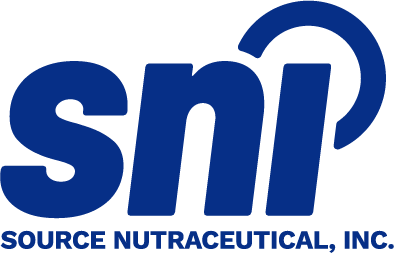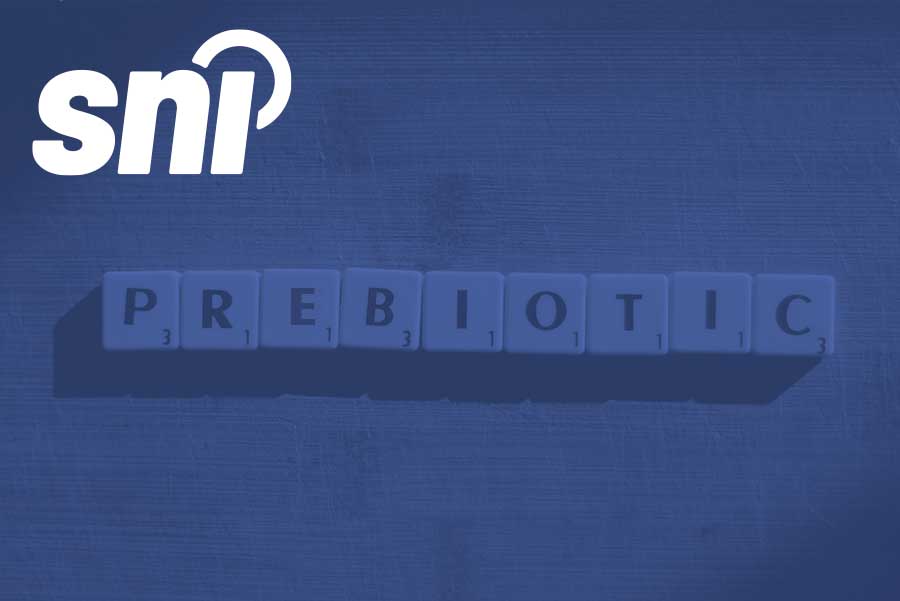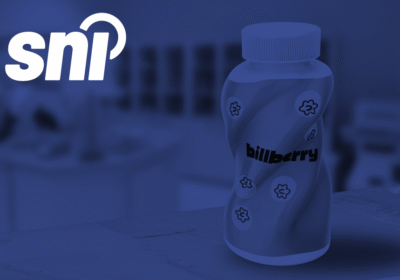As the demand for prebiotic supplements and foods grows, the goal of capturing consumer interest must balance bold health benefit claims with regulatory compliance, especially in Canada.
Prebiotics play a unique role in gut health, supporting beneficial bacteria and potentially influencing a range of physiological processes.
For prebiotic products to make it to Canadian shelves, scientific evidence that validates established prebiotics and new science that supports novel prebiotics plus ensuring compliance with Health Canada’s Natural and Non-prescription Health Products Directorate (NNHPD) guidelines are critical.
This week on November 3, 2024 - marks the beginning of Global Prebiotics Week 2024. An international day to Celebrate Prebiotics!
The Canadian market for prebiotics is ripe with opportunity, but it’s essential for brands to approach this space with transparency, scientific integrity, and regulatory awareness. Whether highlighting the digestive benefits or the microbiome-supportive effects of prebiotics, compliance is key to ensuring that products reach consumers with claims that they can trust.
What Makes a Prebiotic in Canada?
According to Health Canada, prebiotics are “fermentable carbohydrates selectively utilized by host microorganisms, conferring a health benefit.” This definition provides a basis but also needs an understanding of regulatory nuance.
For example, galactooligosaccharides (GOS) – a type of carbohydrate commonly found in prebiotic supplements – are classified as Natural Health Products (NHPs) under Schedule 1, item 2 of the Natural Health Product Regulations(NHPR).
This classification means that GOS must be declared as a medicinal ingredient and undergo the NHP licensing process before any prebiotic product can be legally marketed in Canada.

Image courtesy of Global Prebiotics Association
Why Prebiotic Compliance Matters:
Health Claims and Consumer Trust
With health-conscious consumers actively seeking digestive health solutions, prebiotics like GOS are attractive ingredients. Yet, the health claims for these ingredients must adhere to NNHPD guidelines. Under Canadian regulations, all prebiotic ingredients in NHPs must be declared as medicinal ingredients, and the specific health benefits claimed on packaging or marketing materials must be scientifically substantiated.
For instance, NNHPD recognizes that GOS can support digestive health, but the claims need to be specific and avoid overstating the benefits. Generalized or unsupported claims could be insufficient and may require clarification or restriction depending on the strength of the scientific backing.
The Science Behind Galactooligosaccharides (GOS)
Modern diets tend to lack fibre due to extensive food processing. GOS are a type of prebiotic fibre found in various plant sources and have been shown to selectively promote beneficial bacteria like Bifidobacterium and Lactobacillus, making it a potent ingredient in prebiotic supplements (Macfarlane et al., 2008; Thongaram et al., 2017; ). However, as it falls under NHP guidelines, manufacturers must substantiate any health claims and ensure that GOS is listed correctly on product labels in Canada.
Partnering with Compliance Experts to Get Prebiotics Right
Navigating Canada’s regulatory framework for prebiotics requires more than scientific insight; it calls for a deep understanding of NNHPD guidelines and experience with the application process for health claims. Missteps in labeling can lead to delayed product launches or even regulatory action, risking both brand reputation and consumer trust.

Associations like Global Prebiotics Association continuously monitor the science surrounding prebiotics and these type guides are updated as new science emerges.
Partnering with SNI can streamline the process, helping you understand how to position your products accurately within Canada’s regulatory landscape.
From claim substantiation to labeling requirements, SNI’s regulatory experts continue to guide brands in presenting scientifically backed claims that meet Health Canada standards.




